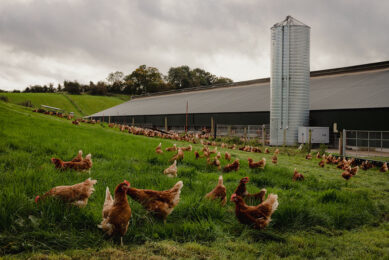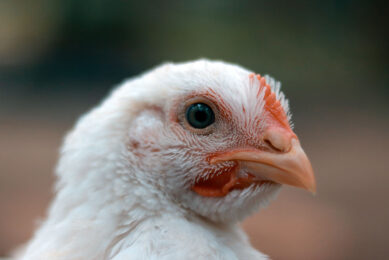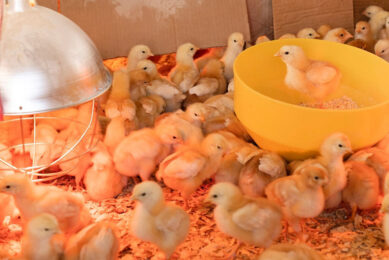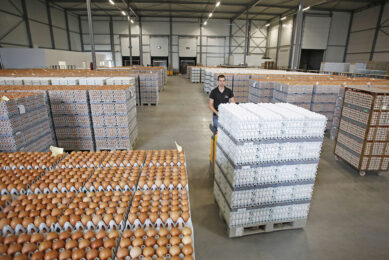Policy changes revive Ivory Coast poultry industry
Poultry producers in Côte d’Ivoire, or the Ivory Coast, are enjoying strong growth thanks to tax now imposed on imports of poultry products from the European Union and South America.
The poultry industry in the country was under strong competition 5 years ago from imported products flooding the local market. Reports state that the local industry suffered multiple blows beginning in the 1990s.
A Food and Agriculture Organisation review of import surges reported that 2003 production of 7,500 tonnes was almost a third lower than in 1997; imports grew during the same period from 1,815 tonnes to 17,226. Poultry industry association IPRAVI (the Interprofession avicole de Côte d’Ivoire) says 1,500 producers went out of business, taking as many as 15,000 jobs with them. Farmers who were growing maize and other crops for animal feed were also affected.
As policies aimed at self-sufficiency were abandoned in the late 1990s, there was a shift towards consumption of imported food. In line with a general liberalisation of trade policy, the government lowered or eliminated import duty on many foodstuffs; free import licences for poultry were granted in 2002, coinciding with an effort to avoid food shortages as agricultural production was hit by the outbreak of civil war.
In 2005 the Ivorian government imposed a new tax on imported poultry by-products. With this measure, the price per kg for products imported from Europe or Latin America rose from 500 to 1,000 FCFA (doubling to roughly $2 per kg). The goal was to discourage imports and increase local production.
“Since then we’ve been able to hold our own against fierce competition from the imports. And we’re also happy to note that this policy didn’t cause the slightest shortage or price hike in the cost for chicken or eggs on the national market,” IPRAVI president Philippe Ackah told IPS.
“It’s a pity the government didn’t act sooner to support this industry which plays such a key role in the rural economy. It would have developed very rapidly and created a number of jobs across the country,” says poultry farmer Ettien Koffi, adding that local production has surpassed imported chickens. According to him it’s a consequence of the government’s decision to support the industry.
According to Ackah, the new tax saw investment in the poultry industry increase by nearly $11mln over 4 years. The result: from producing 9,000 t of poultry in 2005, the industry expanded to 20,000 t in 2009 ($110 mln). Egg production reached 800 mln units versus 435 mln over the same period, with approx. 39,000 new jobs created. Moreover, Ackah adds, the industry generated 31.5 million dollars worth of sales for corn and other bird feed for producers between 2005 and 2009.
The Ivorian government, responding to input from the poultry producers, announced in January that it would maintain the import duties. “This regulation saved the Ivorian poultry industry from ruin. Only a few years ago despair was gaining ground and producers were without options,” adds Alain Bouabré, an Abidjan-based economist.
Poultry industry actors announced an additional investment of 315 million dollars, and the creation of 10,000 additional jobs.
Source: IPS
 Beheer
Beheer











 WP Admin
WP Admin  Bewerk bericht
Bewerk bericht